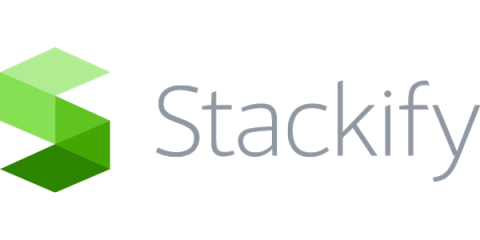Functional Programming vs. Object Oriented Programming
In current development, Object Oriented Programming has proven more popular than its predecessor Functional Programming. Functional Programming was developed before Object Oriented Programming, with support for Lisp, Clojure, Wolfram, Erlang, Haskel, F#, and R. Object Oriented Programming is more modern with support for C++, C#, Java, Python, Ruby. PHP, Perl, Objective-C, Swift, and Dart.





